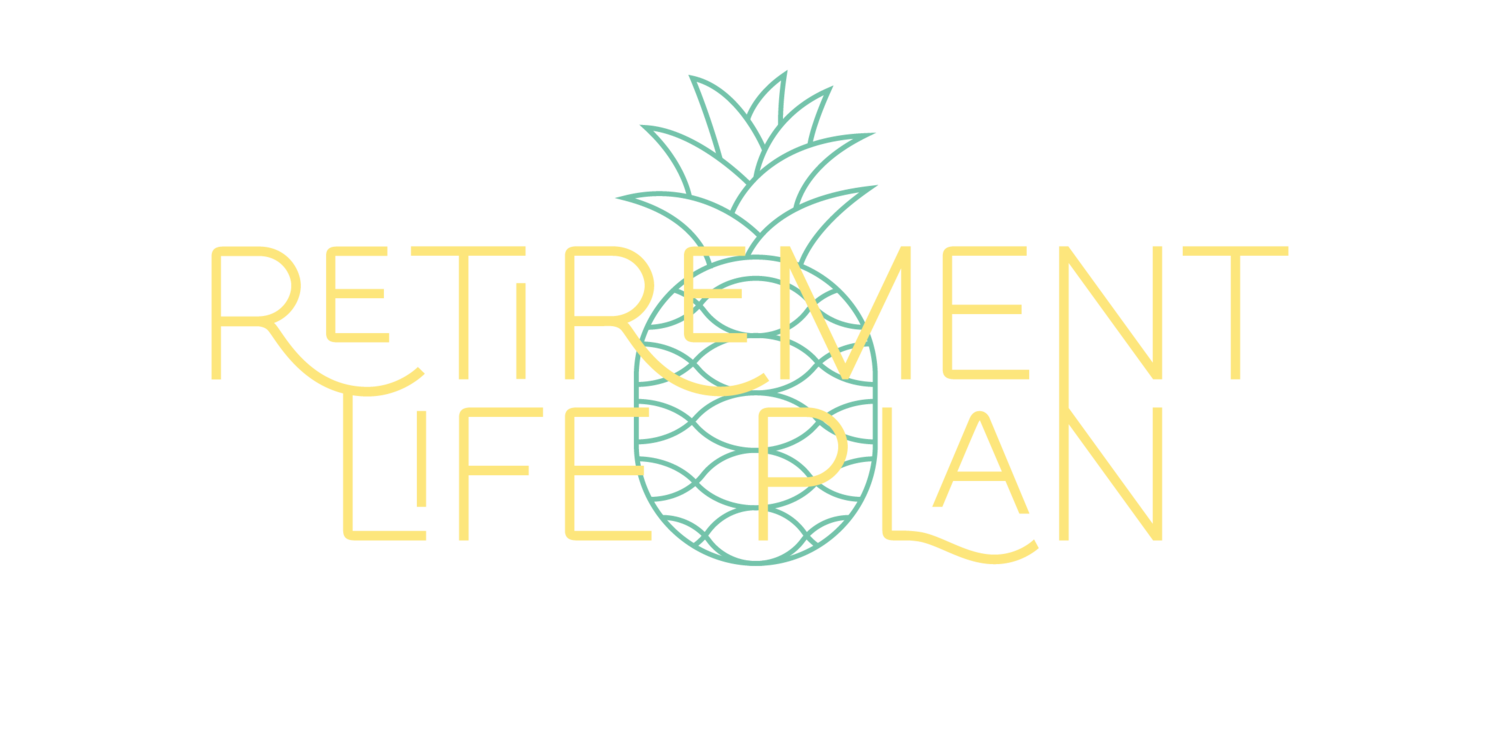Research Highlight: Expectations for Gradual Retirement
A recent report by Fidelity highlights some trends around how Australians are thinking about and planning for retirement—both financially and non-financially. In their survey of over 1,500 Australians (either already retired or nearing retirement) reveals that most people are looking to make a more gradual transition to retirement, mostly for non-financial reasons. Nearly 9 in 10 respondents found the idea of transitioning into retirement over time appealing.
A recent report by Fidelity highlights some trends around how Australians are thinking about and planning for retirement—both financially and non-financially. The survey of over 1,500 Australians (already retired and nearing retirement) reveals that most people are looking to make a more gradual transition to retirement. Nearly 9 in 10 respondents found the idea of transitioning into retirement over time appealing. Respondents are looking to retirement mostly for non-financial reasons…
“[The] top three reasons respondents give for continuing to work are: they enjoy working, it helps them maintain a sense of purpose and it allays boredom”
This statistic is a bit higher than those that have come out of other surveys exploring interest in gradual retirement; but this may also be a difference between what pre-retirees find appealing and what they are planning or expecting for their own retirement.
According to a 2017 report by the U.S. Government Accountability Office, roughly 29 percent of Americans ages 61 to 66, said they had planned to reduce their work hours as they transitioned to retirement. This report also points to differences in expectations for gradual retirement and reality, with only 11 percent reporting being partially retired.
The Fidelity report also highlights the role that circumstances often play in the timing of one’s retirement (and the ability to gradually retire). Common reasons for unexpected early retirement included redundancy, health issues, or caregiving demands. But perhaps most notable is the impact that such unexpected early retirement had on wellbeing.
Consistent with other research, those who felt retirement was out of their control experienced noticeably lower levels of wellbeing compared to those who felt retirement was within their control. As over half of the experienced retirees in the Fidelity survey suggested, it is critical to always have a Plan B. Developing an alternative vision can make the difference between really struggling with an unexpected retirement and adapting in order to thrive in it.
Unexpected Challenges with Retirement
Interestingly, the survey also revealed that while pre-retirees worry about money, the most common unexpected challenges reported by experienced retirees include the emotional impact of retirement and the loss of purpose and personal identity. These directly reflect some of the issues that have come out of our own research on retirement adjustment, highlighting the more personal side of the transition that is a critical part of retirement wellbeing.
Nonetheless, the benefits of retirement may still outweigh the potential challenges. With reduced stress, greater control over time, and more time for sleep, exercise, and healthy eating, many people would benefit from making this move to retirement. The key is to prepare for those common, yet often unexpected challenges.
At Retirement Life Plan, our coaching programmes and courses for coaches/professionals are based on research insights such as these, so that we can better support the wellbeing of retirees. Whether you are preparing for retirement yourself, or working with pre-retirees, we have solutions to support you.

